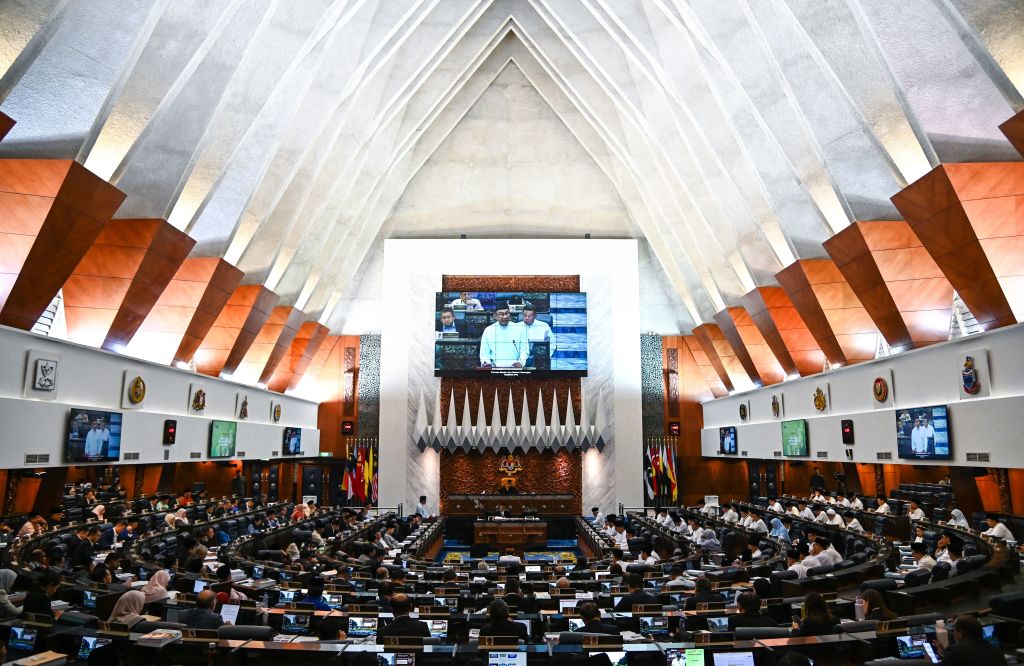
Malaysian lawmakers voted in favor of abolishing the mandatory death penalty and lifelong imprisonment, a landmark move that the government said was to respect each individual’s right to life.
The Parliament House of Representatives approved the bill after years of effort by successive governments to make the death penalty optional in the Southeast Asian nation. The bill will next be brought to the government-controlled senate for approval, before it is presented to the king and gazetted into law.
“In line with the purpose of respecting the right to life for every individual, the basic principle behind every punishment in Malaysia is the rehabilitation of prisoners,” Deputy Law Minister Ramkarpal Singh said in parliament Monday. This is so they may return to society and serve the community after completing the punishment process, he said.
The amendments will see the death penalty remain as an option for nine offenses ranging from drug trafficking, terrorism to murder, according to Ramkarpal. Judges will have the discretion to sentence offenders to between 30 to 40 years imprisonment and at least 12 strokes of the rotan instead of hanging.
Capital punishment will be abolished altogether for several other offenses — including two that carry the mandatory capital punishment. And Malaysia will substitute imprisonment for life with a jail term of not more than 40 years, according to Ramkarpal.
The bill was approved through a voice vote after about two hours of debating among lawmakers. Opposition MPs objected the move, saying that it would deprive victims of justice.
“It is unfair to remove the mandatory death sentence for major crimes such as murder, as the victims’ families also want retribution for the loss of their loves ones,” said opposition lawmaker Mas Ermieyati Samsudin on Monday.
Although more than 70% of countries have abolished capital punishment in law or in practice, the system continues to exist in many parts of the world, according to the Death Penalty Information Center tracking agency.
Singapore has been a staunch defender of capital punishment, which the Home Ministry has said is more effective in deterring serious crimes than life imprisonment. The city-state carried out 11 judicial executions last year, all for drug-related offenses, according to the Singapore Prison Service.
–With assistance from Philip J. Heijmans.
More Must-Reads from TIME
- Cybersecurity Experts Are Sounding the Alarm on DOGE
- Meet the 2025 Women of the Year
- The Harsh Truth About Disability Inclusion
- Why Do More Young Adults Have Cancer?
- Colman Domingo Leads With Radical Love
- How to Get Better at Doing Things Alone
- Michelle Zauner Stares Down the Darkness
Contact us at letters@time.com